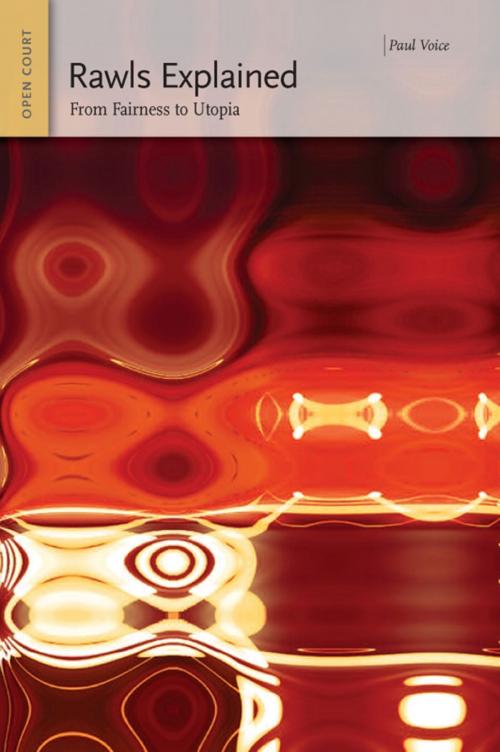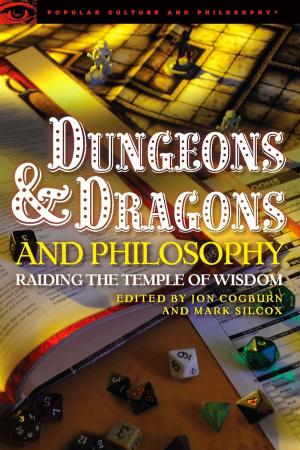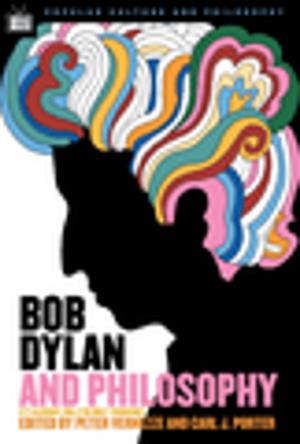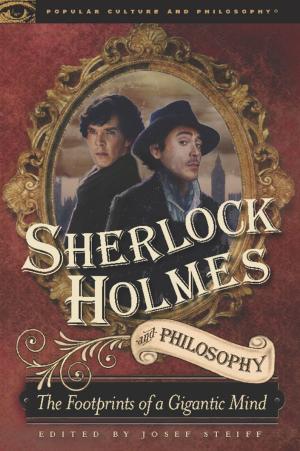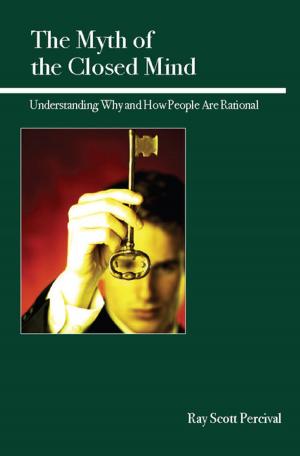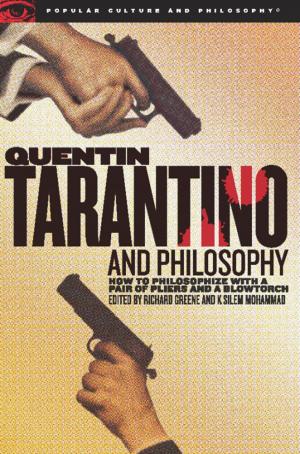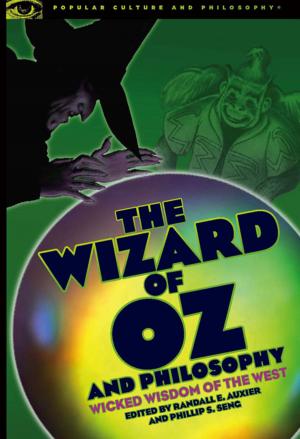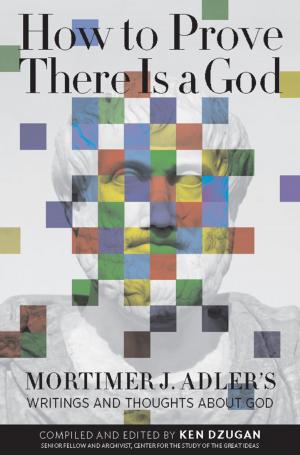| Author: | Paul Voice | ISBN: | 9780812697421 |
| Publisher: | Open Court | Publication: | March 11, 2011 |
| Imprint: | Open Court | Language: | English |
| Author: | Paul Voice |
| ISBN: | 9780812697421 |
| Publisher: | Open Court |
| Publication: | March 11, 2011 |
| Imprint: | Open Court |
| Language: | English |
This book introduces the reader to the political theories of the American philosopher John Rawls. Rawls was arguably the most important political philosopher of the twentieth century. Barely a word of political philosophy is written today that is not indebted in some way, either directly or indirectly, to the philosophical paradigm that Rawls bequeathed. On his death at aged 81 in 2002 his obituaries, written by some of the leading figures in Western philosophy, placed him alongside John Locke and Immanuel Kant in the canon of Western political philosophers. His colleague, the philosopher Hilary Putnam, said: His work is not going to be forgotten for decades, I think, for centuries.’ Rawls Explained sets out Rawls’s complex arguments in a way that makes them accessible to first-time readers of his hugely influential work. This book is both clear in its exposition of Rawls’s ideas and is true to the complex purposes of his arguments. It also attends to the variety of objections that have been made to Rawls’s arguments since it is these objections that have shaped the progression of his work. Therefore the aim of the book is to explain the basic ideas of Rawls’s theory of justice in an engaging but comprehensive fashion and to guide the reader carefully through his arguments. The book is divided into three parts corresponding to the three books that form the core of Rawls’s theory: A Theory of Justice (1971), Political Liberalism (1993) and The Law of Peoples (1999). This volume sets out Rawls’s ideas in the form of a critical exposition that elaborates the central themes and philosophical background of his arguments. Each section of the book ends with a survey of some of the main criticisms of the arguments coupled with Rawls’s strongest counterarguments.
This book introduces the reader to the political theories of the American philosopher John Rawls. Rawls was arguably the most important political philosopher of the twentieth century. Barely a word of political philosophy is written today that is not indebted in some way, either directly or indirectly, to the philosophical paradigm that Rawls bequeathed. On his death at aged 81 in 2002 his obituaries, written by some of the leading figures in Western philosophy, placed him alongside John Locke and Immanuel Kant in the canon of Western political philosophers. His colleague, the philosopher Hilary Putnam, said: His work is not going to be forgotten for decades, I think, for centuries.’ Rawls Explained sets out Rawls’s complex arguments in a way that makes them accessible to first-time readers of his hugely influential work. This book is both clear in its exposition of Rawls’s ideas and is true to the complex purposes of his arguments. It also attends to the variety of objections that have been made to Rawls’s arguments since it is these objections that have shaped the progression of his work. Therefore the aim of the book is to explain the basic ideas of Rawls’s theory of justice in an engaging but comprehensive fashion and to guide the reader carefully through his arguments. The book is divided into three parts corresponding to the three books that form the core of Rawls’s theory: A Theory of Justice (1971), Political Liberalism (1993) and The Law of Peoples (1999). This volume sets out Rawls’s ideas in the form of a critical exposition that elaborates the central themes and philosophical background of his arguments. Each section of the book ends with a survey of some of the main criticisms of the arguments coupled with Rawls’s strongest counterarguments.
